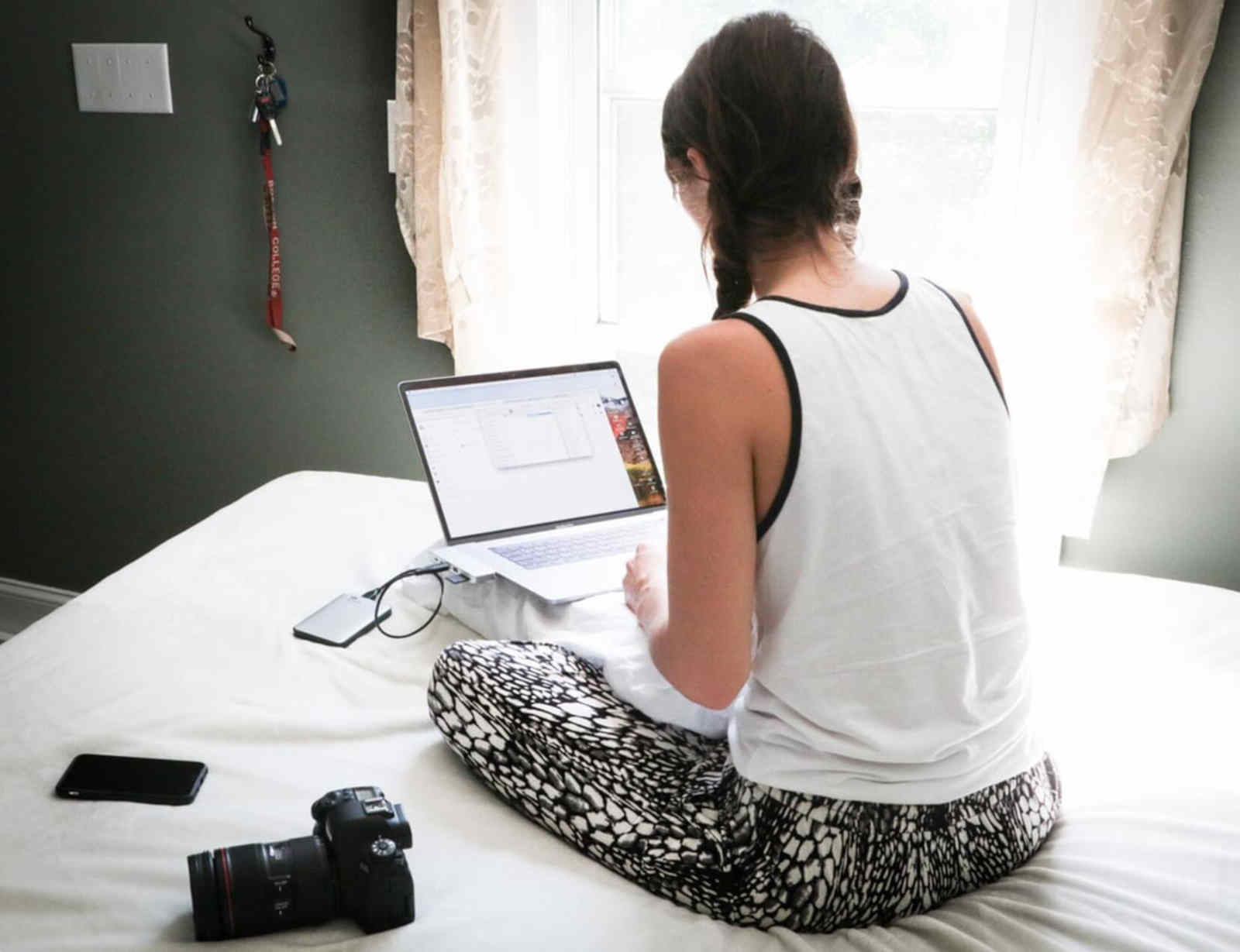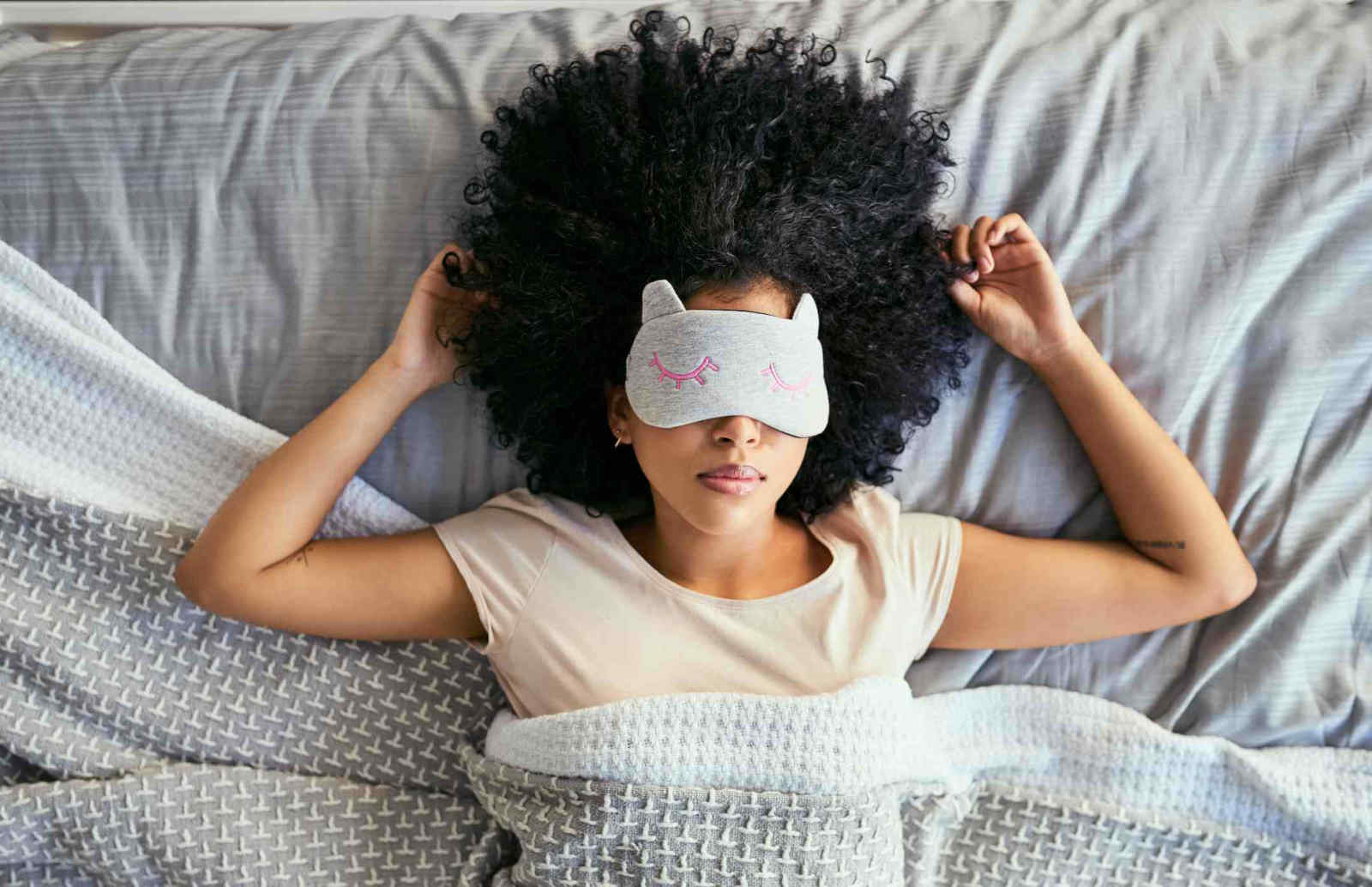
How to Improve Your Sleep Cycle to Preserve Your Health in the Long Run
If you’re like most people, your sleep could probably use some improvement. Poor sleep can lead to a number of health problems, including obesity, heart disease, and diabetes. In this article, we’ll discuss how to get a good night’s sleep and preserve your health long term.

Have A Quality Mattress
Your mattress is where you spend a third of your life, so it’s important to have one that’s comfortable and fully supportive. In terms of mattress types, there are pocket sprung and latex mattresses.
You may also want to consider a memory foam mattress, which contours to your body and helps relieve pressure points. If you check out the bed & mattress experts online you’ll find everything from premium bamboo sheet sets and hybrid pillows to firm and extra firm mattresses. You can often enjoy flash sales, financing options, and fast, free local delivery and setup.

Create A Routine And Stick To It
This means going to bed at the same time every night and waking up at the same time every morning, even at weekends. This will help your body get used to a regular sleep schedule, making it easier for you to fall asleep and stay asleep.
Of course, life happens and there will be times when you can’t stick to your routine. But if you can, make an effort to do so as much as possible.

Avoid These Each Evening
Here are some of the main offenders:
- Caffeine is a stimulant.
- Alcohol may make you feel drowsy at first, but it actually disrupts your sleep later in the night.
- Spicy food can cause heartburn or indigestion.
- Eating a large meal before bed can lead to disturbed sleep.
- Sugar can give you a quick burst of energy that can make it difficult to fall asleep.
- If you perform physical exercise during the evening it can adversely affect your sleep.

Don’t Use Electronic Devices Last Thing
The blue light emitted by electronics (e.g. TVs, computers, or smartphones) interferes with our natural sleep cycles in a major way.
Rather than using electronic devices last thing at night, try reading a book or taking a relaxing bath instead.

Block These Out
Keep your bedroom dark by closing the blinds or curtains because this will help communicate to your brain that it’s time to sleep. If you can afford them, buy light-blocking versions.
If you have noise coming from outside your bedroom window, try using a fan or white noise machine to help block it out. If that doesn’t work, consider earplugs or noise-canceling headphones.

Practice Relaxation Techniques
Mindfulness meditation involves focusing your attention on your breath and letting go of any other thoughts that enter your mind. You can also try progressive muscle relaxation, which involves tensing and relaxing your different muscle groups. Listening to calm, relaxing music before bed can also help you fall asleep.
Having read this article, you’ll no doubt have discovered one or two things that you need to address. By making some changes, your bedroom will become more comfortable, and your sleep will be better as a result.



